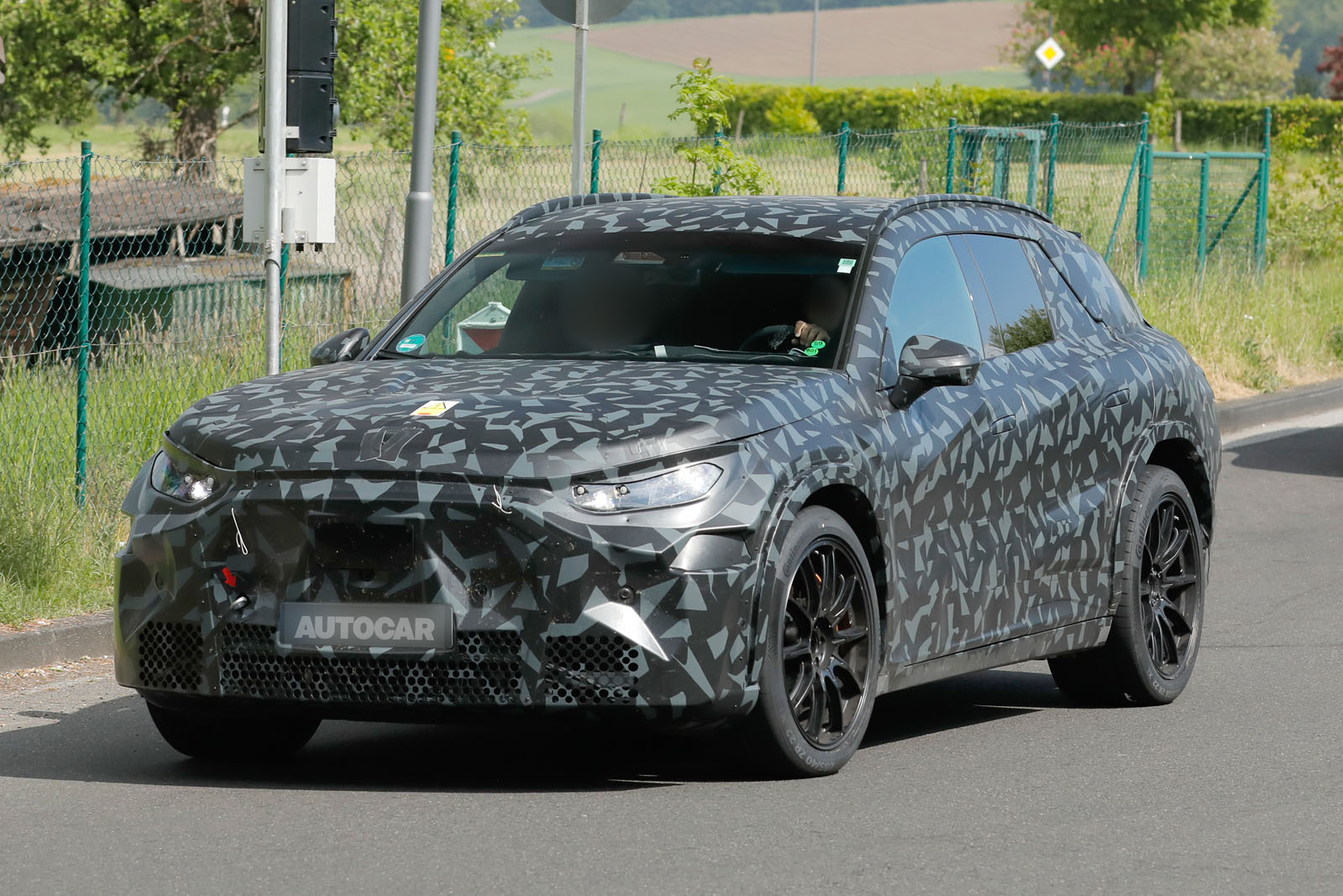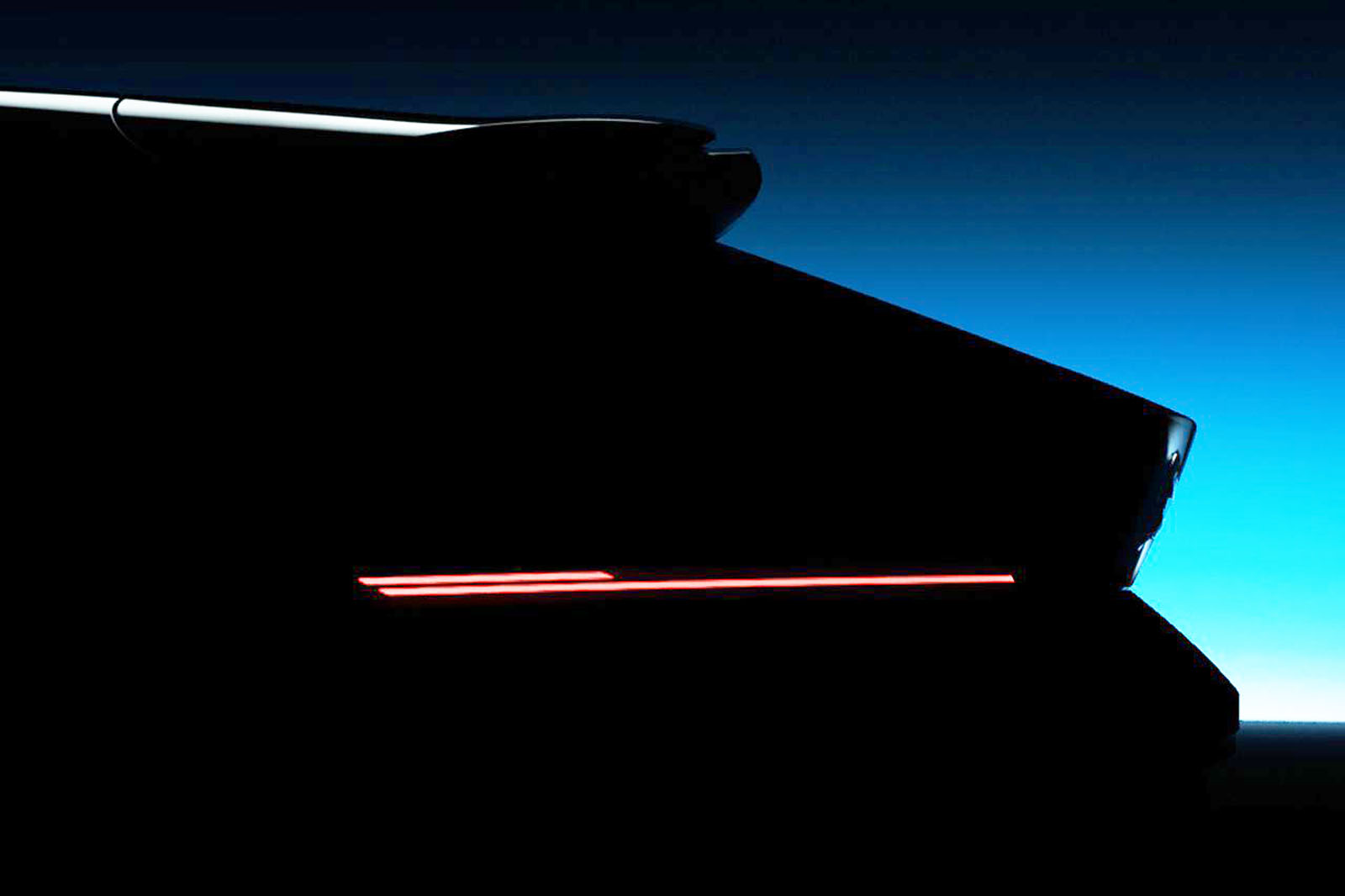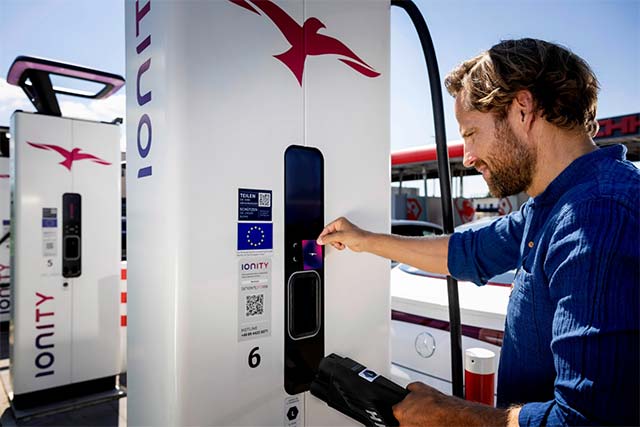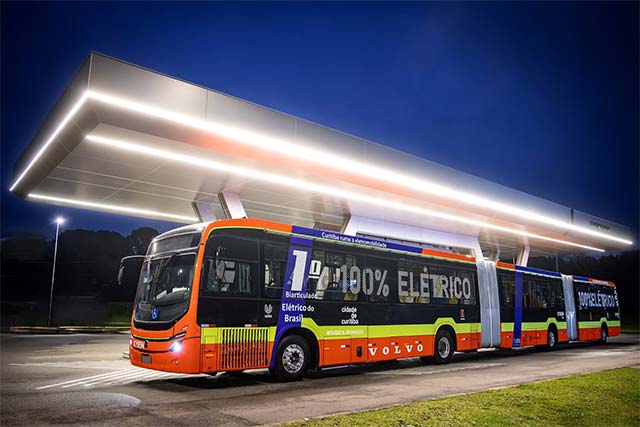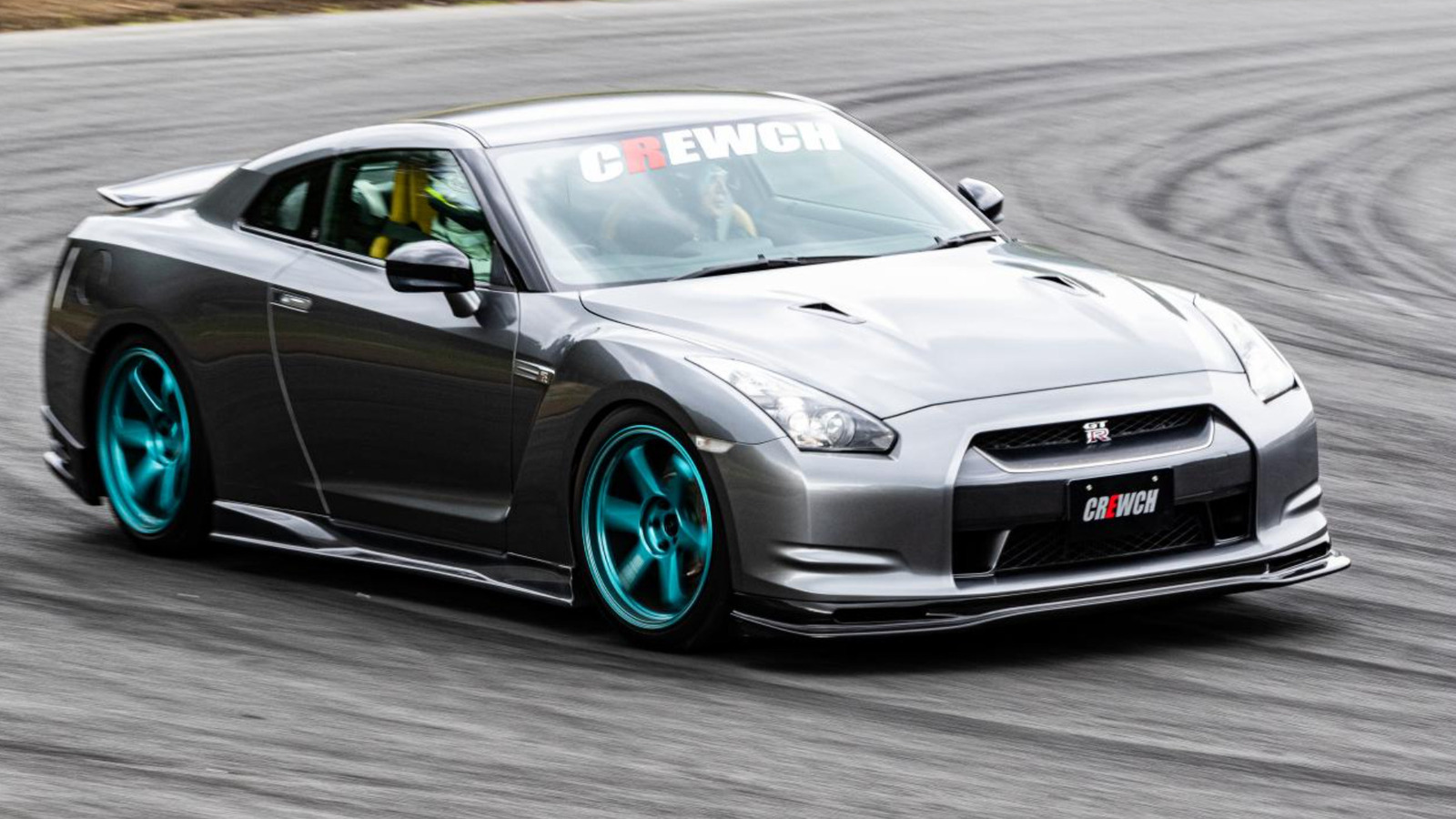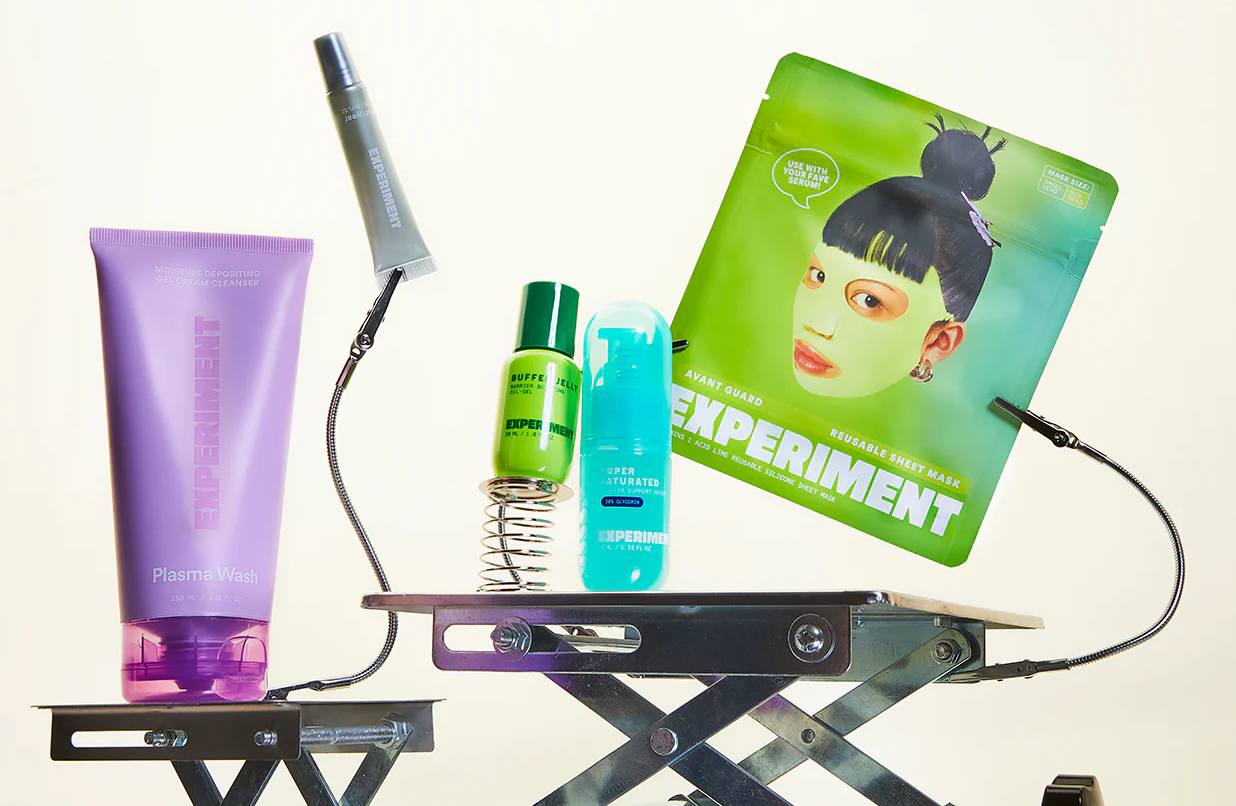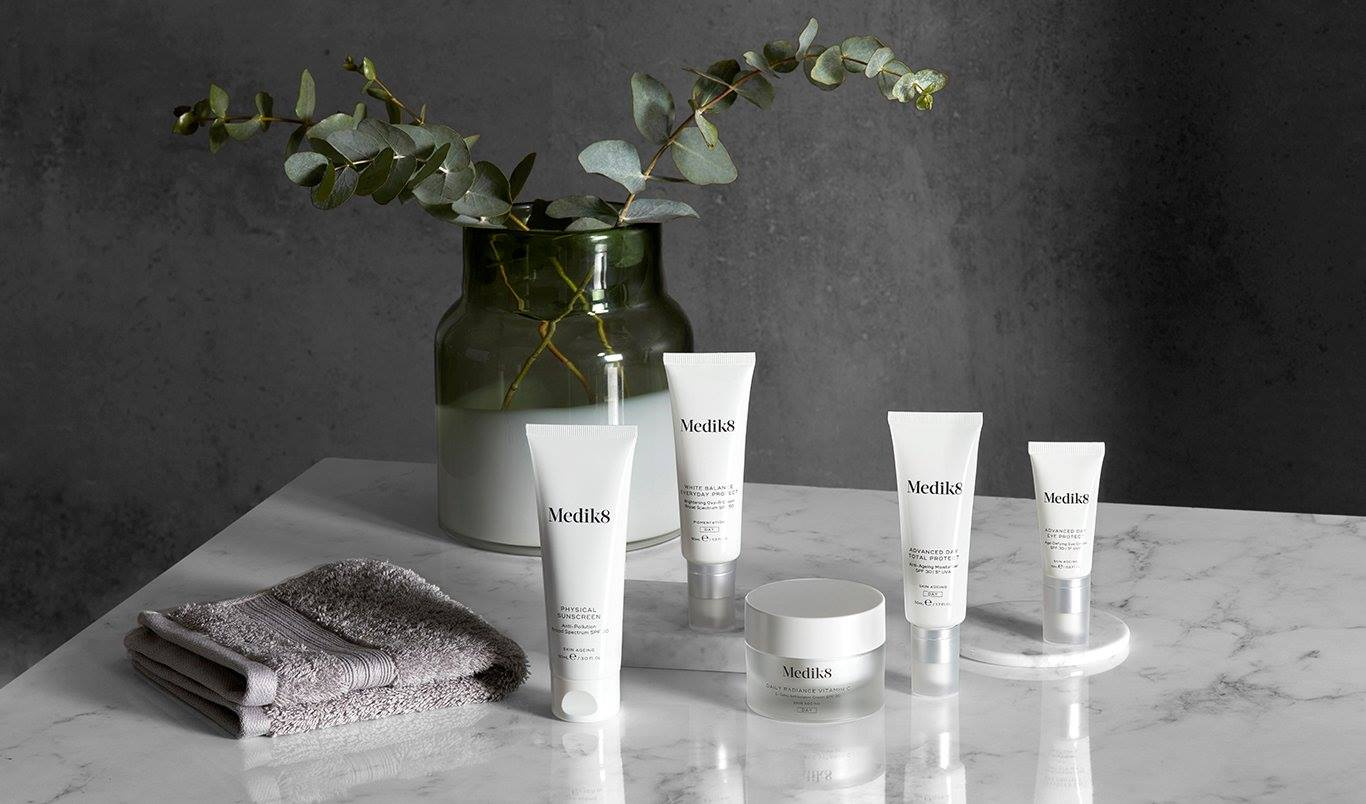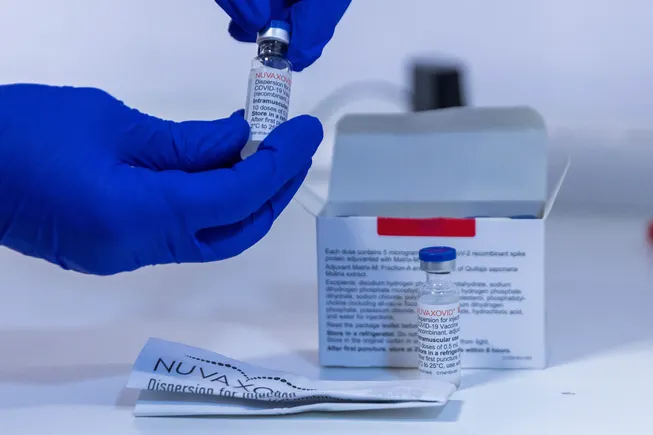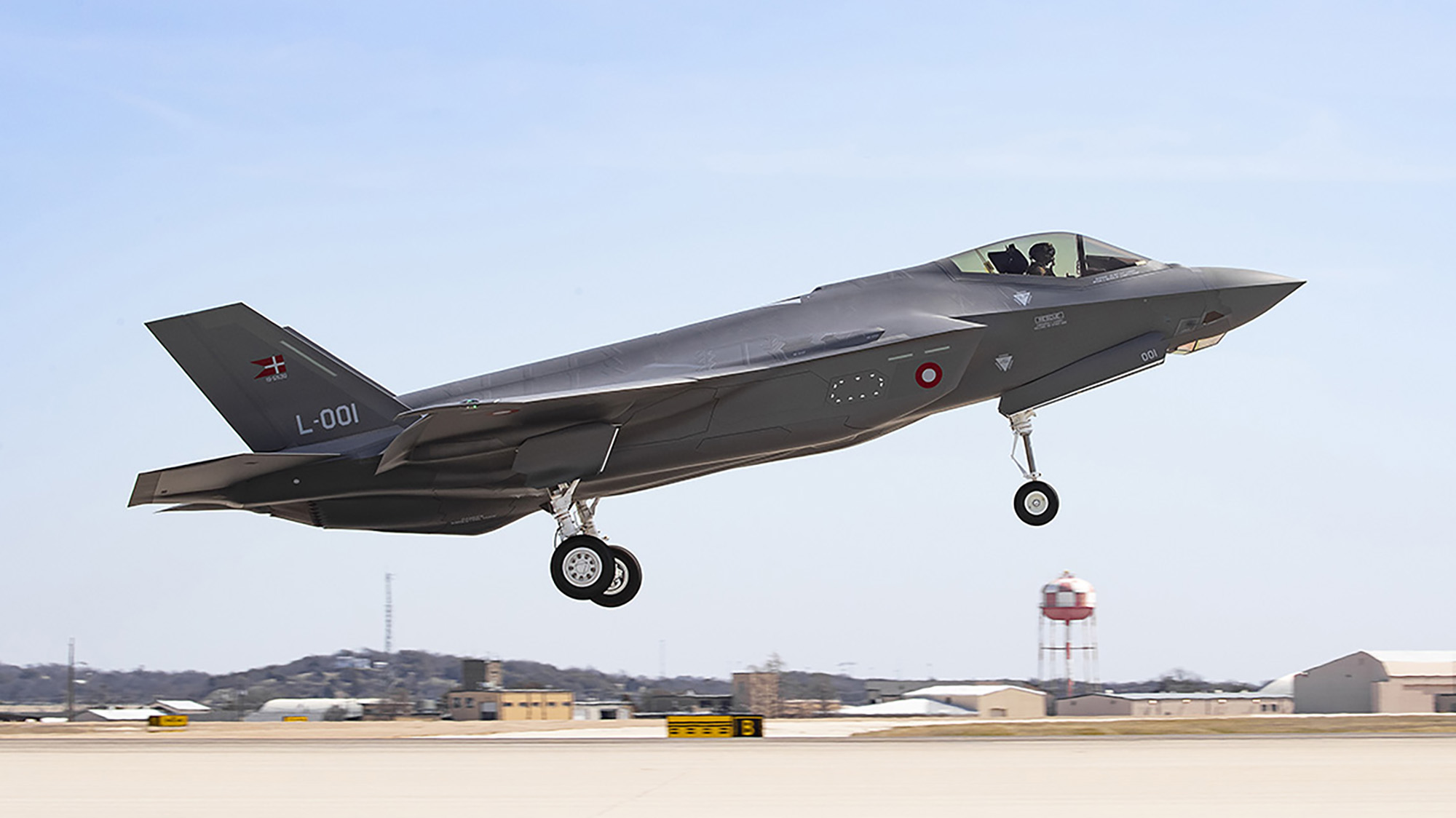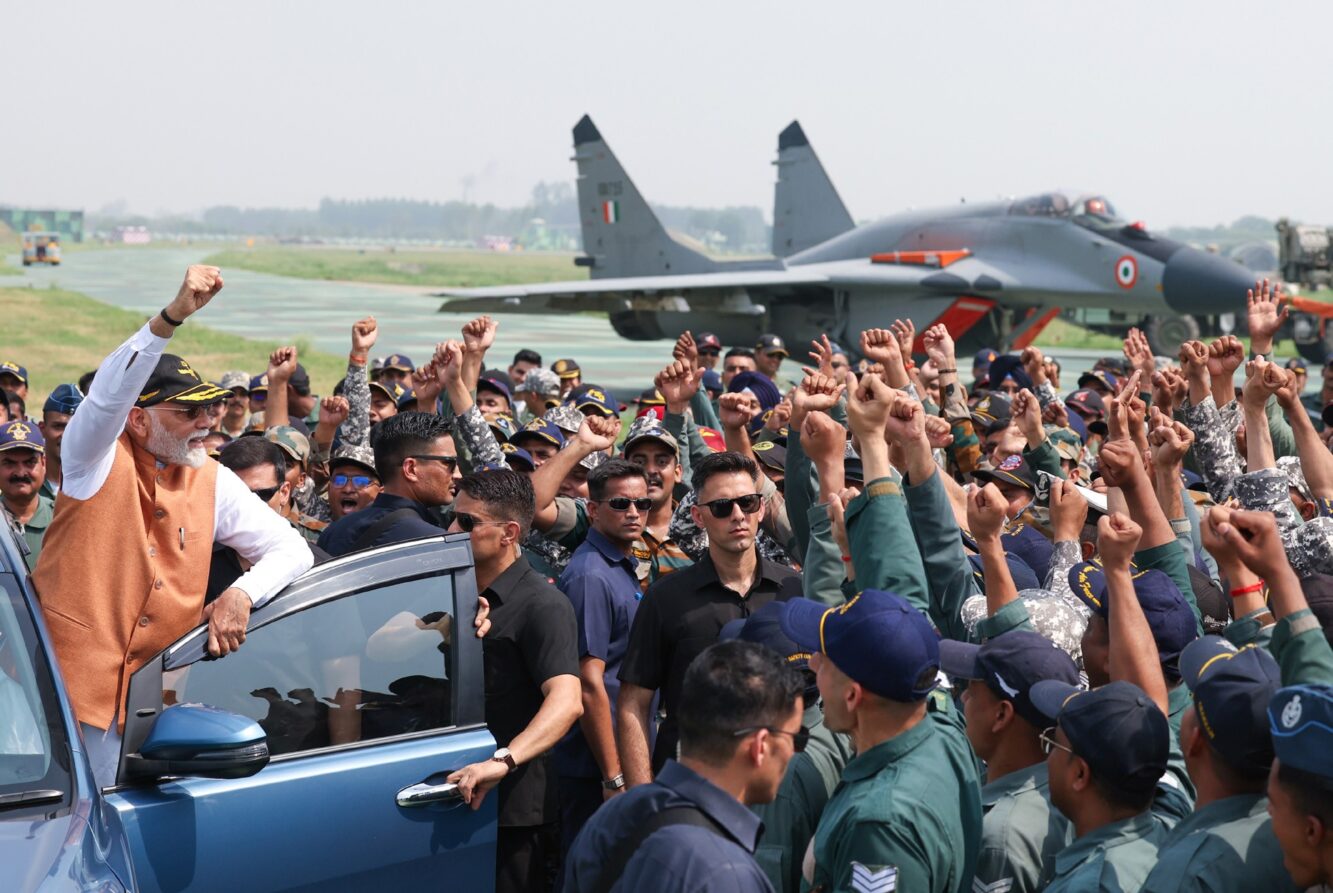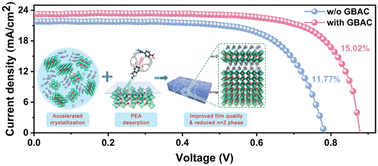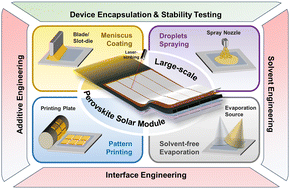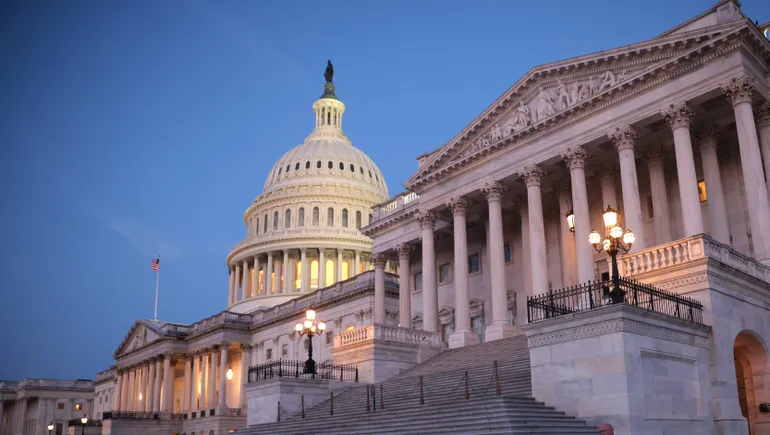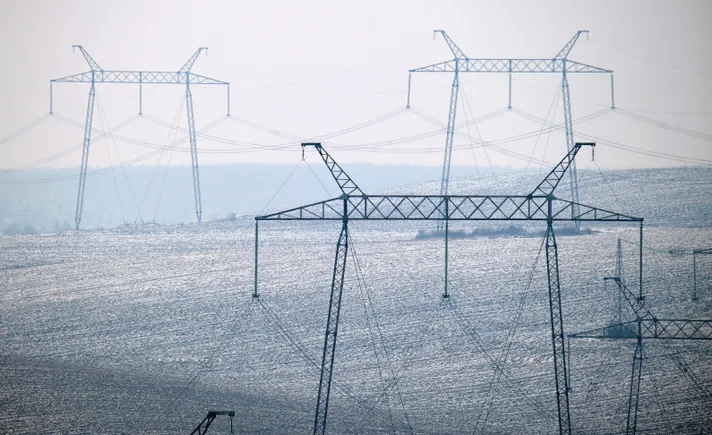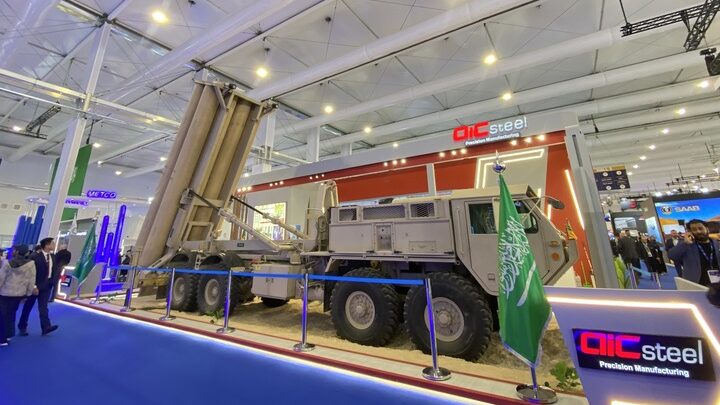US and UAE ink agreement formalizing Major Defense Partnership
During Trump’s visit to the Middle East, the UAE secured a modest number of defense deals, though a potential F-35 deal to the Gulf state did not make progress.


US President Donald J. Trump signs the guestbook as UAE President Sheikh Mohamed bin Zayed Al Nahyan looks on and gives a thumbs up gesture after a meeting at Qasr al Watan (Palace of the Nation) on May 15, 2025, in Abu Dhabi, United Arab Emirates. (Photo by Win McNamee/Getty Images)
BEIRUT — During President Donald Trump’s visit to the Gulf, the US and United Arab Emirates signed a Letter of Intent (LOI) formalizing the establishment of a “comprehensive U.S.-UAE Major Defense Partnership.”
The LOI was signed by UAE’s minister of State for Defense Affairs Mohammed Mubarak Al Mazrouei and US secretary of Defense Pete Hegseth, according to a May 16 joint statement. The agreement follows an initial September announcement by the Biden administration, designating the UAE as a major defense partner.
“This LOI represents a shared commitment to develop a structured roadmap that will guide enhanced military-to-military cooperation, joint capability development, and long-term defense alignment between the two nations,” the statement said, adding that both sides will “explore a phased framework for advancing bilateral force readiness, interoperability, and innovation-driven collaboration.”
As part of the partnership, a new strategic initiative was launched between the US Defense Innovation Unit and the UAE’s defense contracting authority, Tawazun Council, aimed at boosting mutual research and development as well as partnerships.
“Additionally, the UAE was formally welcomed into the U.S. National Guard State Partnership Program (SPP) through a partnership with the Texas National Guard. The SPP will bolster military modernization efforts and enhance cooperation in integrated air and missile defense, cybersecurity, disaster response, and operational planning,” the Pentagon stated.
During Trump’s visit to the Middle East, the UAE secured a modest number of defense deals, though a potential F-35 deal to the Gulf state did not make progress.
Senior Middle East and North Africa Analyst at the RANE network Ryan Bohl expected the announcement to deepen military-to-military corporation training as well as speed up export licenses facilitating UAE’s path to potentially gain some of “the United States as most advanced hardware.”
“It signals that the United States is interested in one of its closest military partnerships with the UAE without formalizing a mutual defense clause,” he added. However the F-35 deal will require additional efforts, he said.
“In terms of the purchase of the F-35, that is still something that will require negotiation via Israel as the United States will continue to maintain its interest in keeping Israel’s qualitative military edge. But it may remove some of the hurdles that the UAE was concerned about like end use requirements or scale backs of F-35 technology which would undermine their attractiveness as a system,” Bohl told Breaking Defense.
Albert Vidal, a research analyst for the London-based think tank IISS, echoed Bohl’s uncertainty about forging an F-35 deal to the UAE as an outcome of the major defense partnership.
“It’s unlikely that this announcement will move the needle on the F-35 because the risk of technology leakage— a result of Chinese 5G infrastructure in the UAE — has not changed,” Vidal said.
He said that Trump will try facilitating more defense sales to the UAE and other Arab Gulf states, “as reflected in an executive order he signed in April 2025 to ease the rules governing defense exports.”















